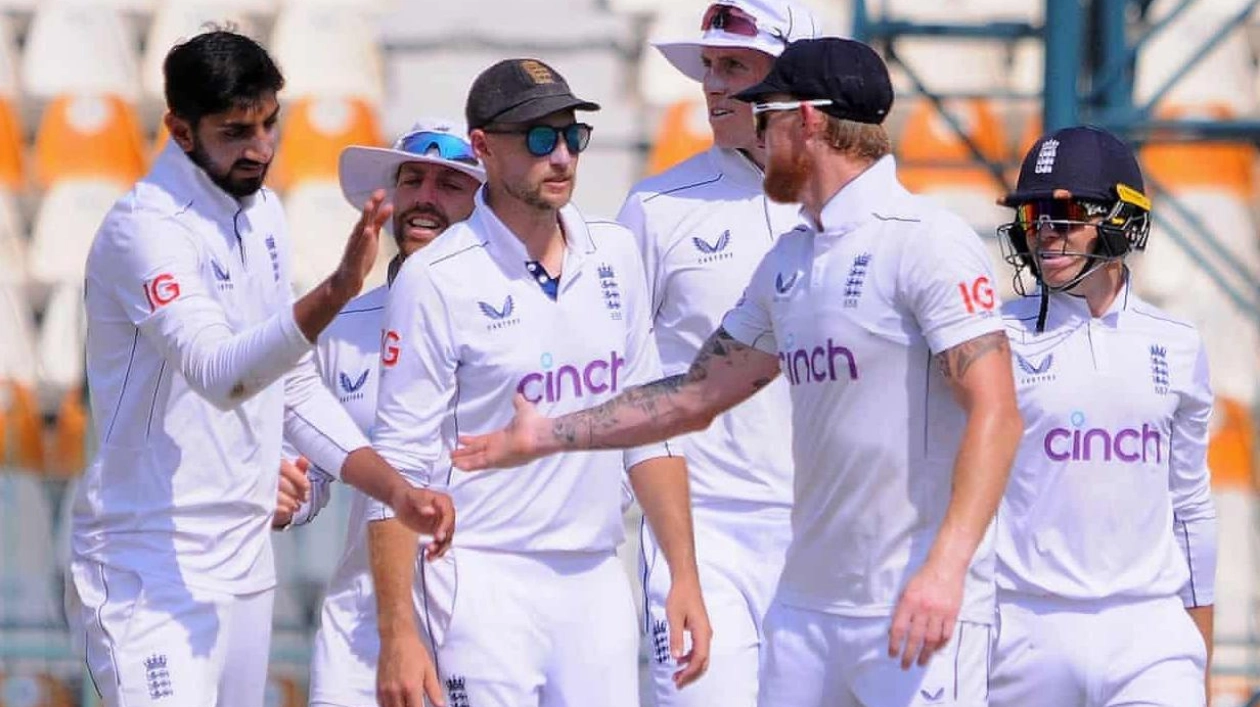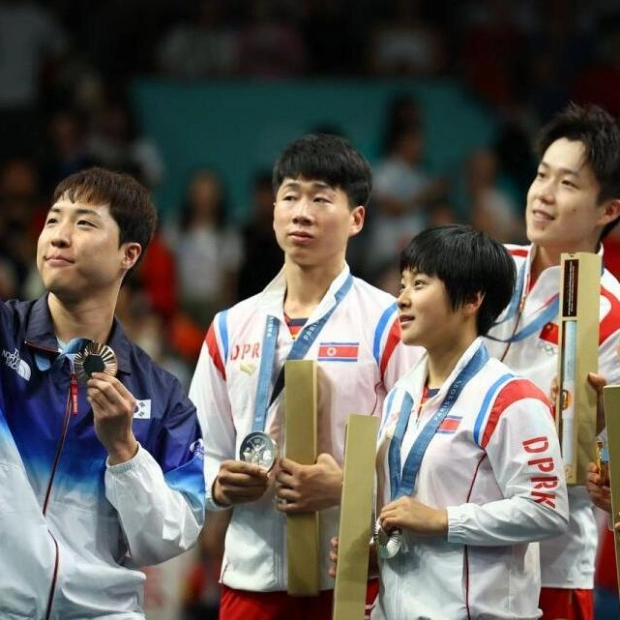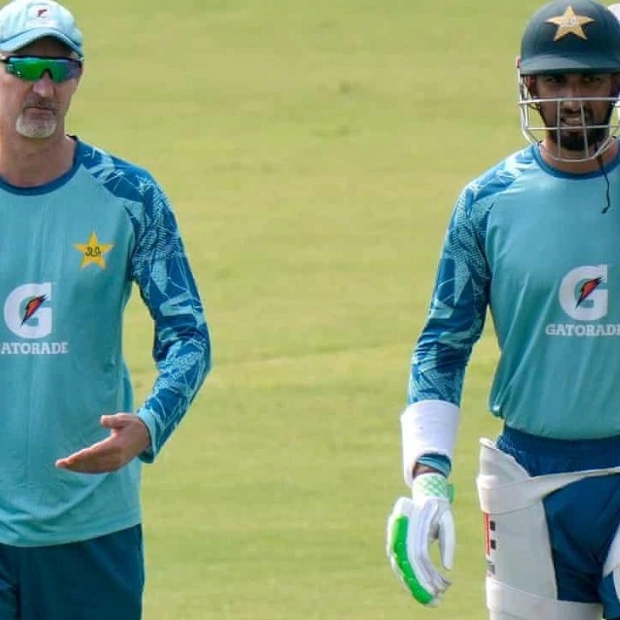Brendon McCullum might think that only Superman could have rescued England from defeat once they found themselves chasing 297 on a turning wicket in the second Test, implying that their chances were slim “unless someone emerged from a telephone box”. However, the coach commended Pakistan’s decision to reuse a worn-out pitch, calling it “a smart gamble”. “I actually don’t mind,” he said. “I believe home teams should be allowed to create conditions that favor them. I thought they executed it brilliantly.” The series now shifts to Rawalpindi, traditionally less spin-friendly, for Thursday’s decisive match; in the past five years, seamers have bowled 56% of the deliveries and taken 64% of the wickets in seven Tests played there. “I don’t recall seeing a turning pitch in Rawalpindi,” said Shan Masood, the Pakistan captain, though the Pakistan Cricket Board’s chief curator, Australian Tony Hemming, has been working hard since the start of the week to create one. “That’s one of the fascinating aspects of cricket worldwide, isn’t it?” McCullum said. “You face different challenges in various conditions, and home teams should have an advantage. I appreciate that about the game. We stated from the beginning that we’ll adapt to whatever conditions we encounter. We were well aware of how challenging this task would be and that extreme conditions might confront us at some point. So far, we have no complaints.” As Pakistan enjoys a rare and welcome victory, they should remember that events in Multan this week are unlikely to be forgotten when they travel to England for three Tests in the summer of 2026. After this series, England won’t play another Test in Asia for two and a half years, before heading to Bangladesh in February 2027, and will face a variety of unfamiliar conditions in the meantime. With this in mind, McCullum is likely to include Shoaib Bashir in the Lions squad for this winter’s tour of Australia to provide the 21-year-old with experience in an unfamiliar country before next winter’s Ashes. “That’s the beauty of the Lions program: you get the chance to expose players to cricket,” McCullum said. “With Fred [Andrew Flintoff] now in charge of the Lions, he shares a similar view of the game as I do, so there’ll be consistency in our message, which is something we need to consider. For Bash, the opportunity to gain experience in those conditions could be crucial for us.” After taking only one wicket in the opening game in Multan, Bashir took five in the second, including Pakistan’s top three in the second innings, and three left-handers. “I’ve been really impressed by him,” McCullum said. “I know he had a quiet Test match in the first one, but it was also due to the nature of the surface. He’s one of those players who, on his day, can be a match-winner, and on the right surfaces, he’s a real challenge. That’s what we need to keep reinforcing. He’s an exciting talent. We said from the start when we picked him that he’s not the finished product, but his potential is very high, and we’ve already seen glimpses of that.” McCullum is planning to give Jordan Cox, an unused member of the squad in this series, a chance to keep wicket on England’s next tour, to New Zealand in November and December. Jamie Smith remains the first choice after a positive home summer despite making a single glaring error in each Test in Pakistan, but is likely to miss at least two games in New Zealand due to the birth of his first child. “At this stage, it looks like Jamie will probably play the first one and may miss the next two,” McCullum said. “We’re not entirely sure – it depends a bit on nature – but we know we’ve got Jordan Cox in the squad. New Zealand is a comfortable place to keep wicket, and it would be great to have a look at him. His wicket-keeping is solid. I’ve done some work with him recently. He’s annoyingly good at everything he does, especially on the golf course. He’s one of those players with high potential, especially with the bat, and there’s a good chance he’ll get the opportunity in New Zealand to bat down the order and take the gloves.”
Source link: https://www.theguardian.com






